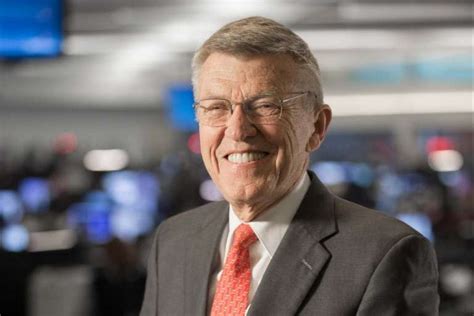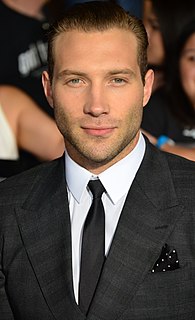A Quote by Robert Crandall
If you want to travel on the airline system, you give up your privacy. If you want your privacy, don't fly. Flying is voluntary.
Related Quotes
I can't understand why anyone would want to live the life of a politician if you can't say pretty much what you think. You are not in it for the money: there's unremitting pressure on your life, you give up so much of your privacy. It can only be because of the things you want to do and the things you want to say.
What I do think is important is this idea of a 'privacy native' where you grow up in a world where the values of privacy are very different. So it's not that I'm against privacy but that the values around privacy are very different for me and for people who are younger than my parent's generation, for whom it's weird to live in a glass house.
I don't think he would have had any trouble answering Justice Sonia Sotomayor's excellent challenge in a case involving GPS surveillance. She said we need an alternative to this whole way of thinking about the privacy now which says that when you give data to a third party, you have no expectations of privacy. And [Louis] Brandeis would have said nonsense, of course you have expectations of privacy because it's intellectual privacy that has to be protected. That's my attempt to channel him on some of those privacy questions.


































